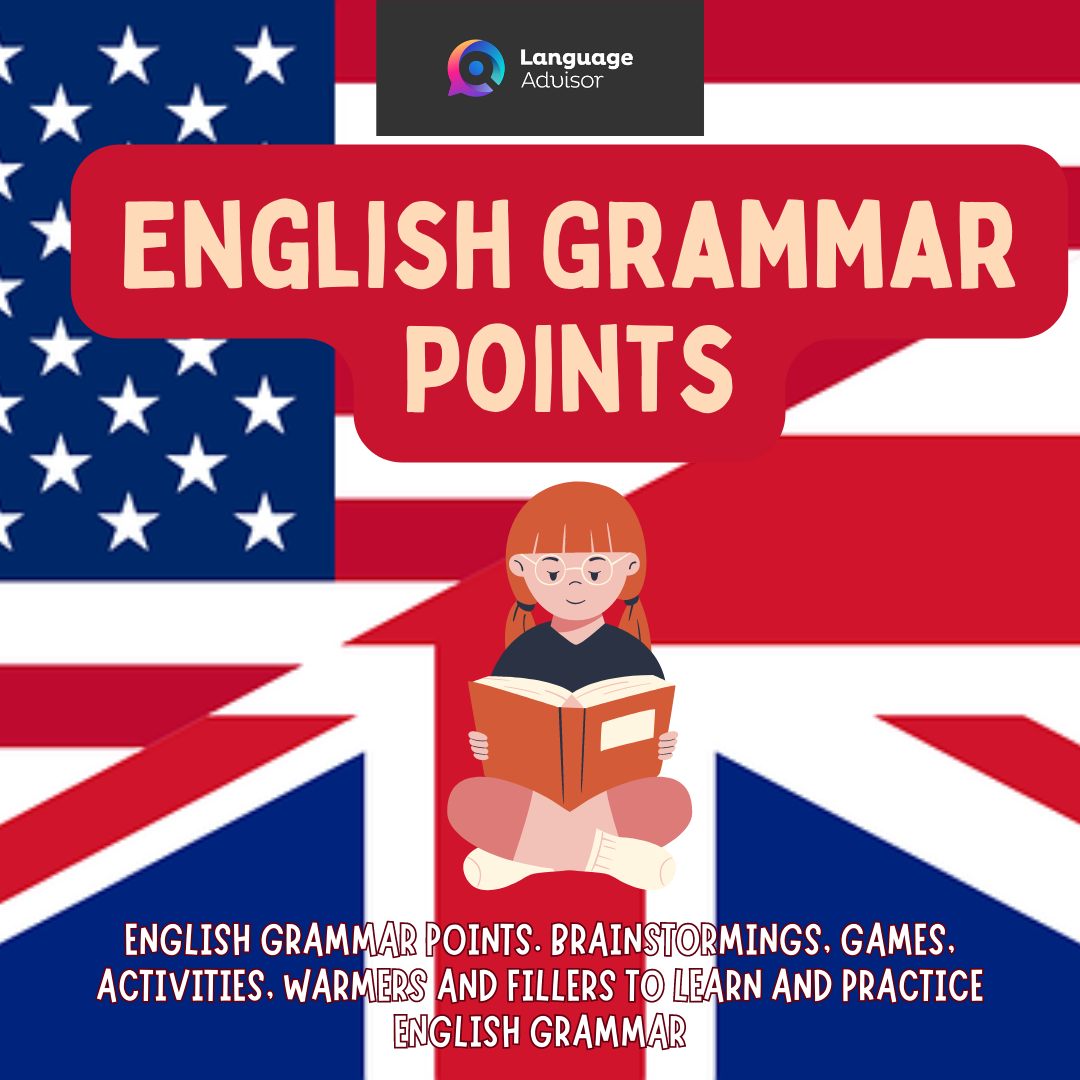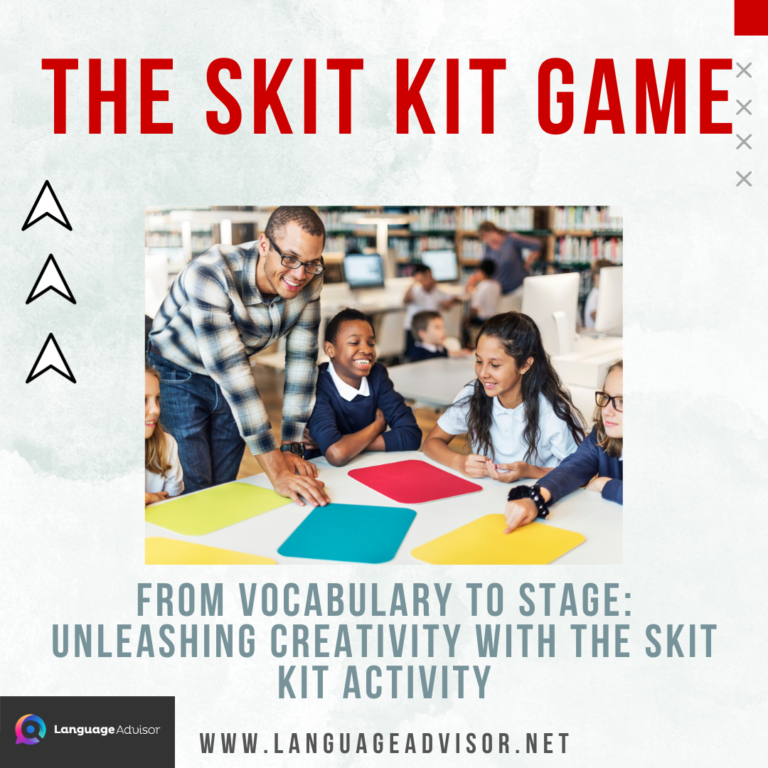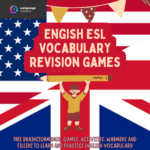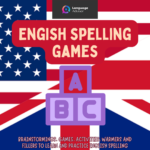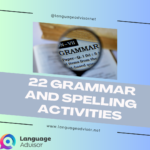English Grammar Points. Brainstormings, Games, Activities, Warmers and Fillers to learn and practice English Grammar
English Grammar Points

English Grammar Points
English Grammar Points with warmers and fillers designed to be short, designed to last no more than 10 minutes.
Here are 8 English Grammar Points:


All of us
Students sit in groups of four to five. Write the following expressions on the board:
All of us are going to…
Four of us are going to…
Three of us are going to…
Two of us are going to…
One of us is going to…
None of us are going to…
In their groups, students ask each other about their plans for this weekend. They must complete the expression so that they are true for their group. When they finish, each group tells the class its sentences. The rest of the class listens and guesses who the people are, e.g. the group says ‘Two of us are going to play football this weekend.’ The class then says ‘We think that it is David and Rodrigo.’ The group confirms or corrects.


Change chairs / Fruit salad
All the students sit in their chairs in a circle. One student does not have a chair (there is one less chair than there are students). The student in the middle starts by saying ‘change chairs if you …’ and filling in the rest with some criteria, e.g. ‘change chairs if you are a boy’. Any students that the statement applies to must get up and change chairs, e.g. any boys. The person in the middle of the circle also races to sit in a chair. The last person standing without a chair starts the next statement using ‘change chairs if you …’ and so on.


Have you ever….?
This is often played as a variation on change chairs. Start by saying, ‘have you ever…?’ Any students that have done it must get up and change chairs. The student left standing without a chair to sit in begins the next round with ‘have you ever…?’ saying something different people may have done.


Irregular verbs challenge
Have students stand in a circle. Start by saying a common irregular verb e.g. to eat. The class follows your lead: ‘eat’ , ‘ate’ , ‘eaten’ . Then demo another verb that doesn’t change all three parts, e.g. think , thought , thought . Do one more to make sure the students get it e.g. run , ran run . Then the student standing to your right has to say a verb and the students say and perform the actions. If a student messes up, they are out. Continue going faster and faster. If a student shouts out a verb already said or a regular verb they are out as well. The shorter the time limits to say and do, the harder it is.


Jumbled sentences
Divide the class into teams. Have them stand in lines, the last students holding a marker facing the board. The first person in each team looks at the jumbled sentence e.g. ‘weather / is / today
/ What / the / like / ?’, decodes it and whispers it to the next person in line who then whispers it down to the next and so on until it reaches the writer. The writer races to write it on the board. The first team to finish gets a point for their team.


Jump the line
One half of the classroom is ‘some’, the other half ‘any’. Read some sentences from a grammar lesson on countable and uncountable nouns aloud, omitting ‘some’ or ‘any’. Students listen and
move to the correct side of the room. Any student who moves the wrong way or the last student to move loses a life for their team. Continue until one team loses all their lives.
This activity can be tweaked to fit a number of language or grammar points.


The long sentence game
Start the sentence by saying ‘Yesterday I got up early.’ (Any sentence will do depending on your language focus or topic). Nominate a student who repeats what you said and then adds another activity, e.g. ‘Yesterday I got up early and had a shower.’ They nominate the next student who repeats this and adds another activity and so on. Once everyone in the class has added something, try to see if everyone in the class can say the final sentence.ut instead.


Who would….?
Divide the students into groups of about 8 students. Give each student some blank slips of paper. Read out a question using the second conditional, e.g. who would you go on a dream date with? What would you buy with a million pounds? What would you change in the country if you were President / Prime Minister? Students write their answer on a paper. Collect the papers of all the group members. The papers are mixed and passed to another group who guesses who wrote which answer, e.g. we think Simon would buy a Ferrari. The other group confirms if their guesses were correct.




English Grammar Points
English Grammar Points. Also check out these English games and activities





